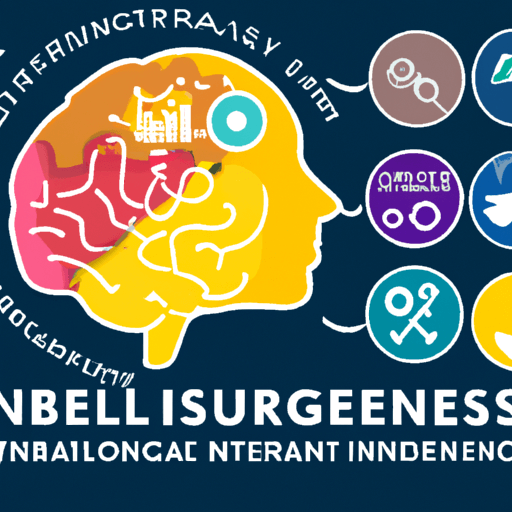Importance of Emotional Intelligence in Entrepreneurship
Emotional Intelligence (EI) plays a crucial role in personal development and social interactions. However, its impact extends beyond than just our personal lives. In entrepreneurial endeavors, EI proves to be an influential determinant of success.
What is Emotional Intelligence?
Emotional Intelligence refers to the capability of recognizing one's emotions and those of others, discerning between diverse feelings, managing emotions and applying this information to direct one's thinking and actions.
Relevance of Emotional Intelligence in Entrepreneurship
Regardless of an entrepreneur's business acumen and technical skills, emotional intelligence remains a crucial factor contributing to the success of entrepreneurial ventures. Here’s an overview of how emotional intelligence influences different aspects of entrepreneurship.
Self-Awareness
Self-awareness allows entrepreneurs to understand their strengths, weaknesses and emotional reactions. Salovey and Mayer (1990) emphasize that a high degree of self-awareness can empower entrepreneurs to better steer their business operations.
Self-Management
Managing one's emotions, specifically stress, is pivotal in entrepreneurship. A study by Baron (2008) found that entrepreneurs with high emotional intelligence are better at stress management, leading to increased productivity and overall success.
Social Awareness
Understanding emotions of those around you– employees, investors, customers - helps to create successful interpersonal relationships. A case study by Coote (2007) illustrates that successful entrepreneur Richard Branson possesses an extraordinary level of social awareness, which played a key role in the success of Virgin Group.
Relationship Management
Managing emotionally-charged situations such as conflicts within teams, requires a high degree of emotional intelligence. Goleman (1998) notes that entrepreneurs adept at managing relationships tend to build more cohesive teams and better customer relationships.
Real-life Applications of Emotional Intelligence
From conflict resolution to decision making, emotional intelligence practically aids in various business scenarios. It’s significance can be noted in networking events, where emotional intelligence can foster stronger connections; or in sales pitches, where understanding and reacting to client emotions can be the difference between success and failure.
Emotional Intelligence: A Catalyst for Success
The effectiveness of emotional intelligence is reflected in improved problem-solving capabilities and decision-making processes. A research by Côté et al. (2011) shows that increased EI can enhance an entrepreneur's capability to form strategic decisions under stress and uncertainty. In conclusion, emotional intelligence does not only complement technical skills and business acumen, but it equips entrepreneurs with abilities imperative for success.



















Comments
Leave a Comment